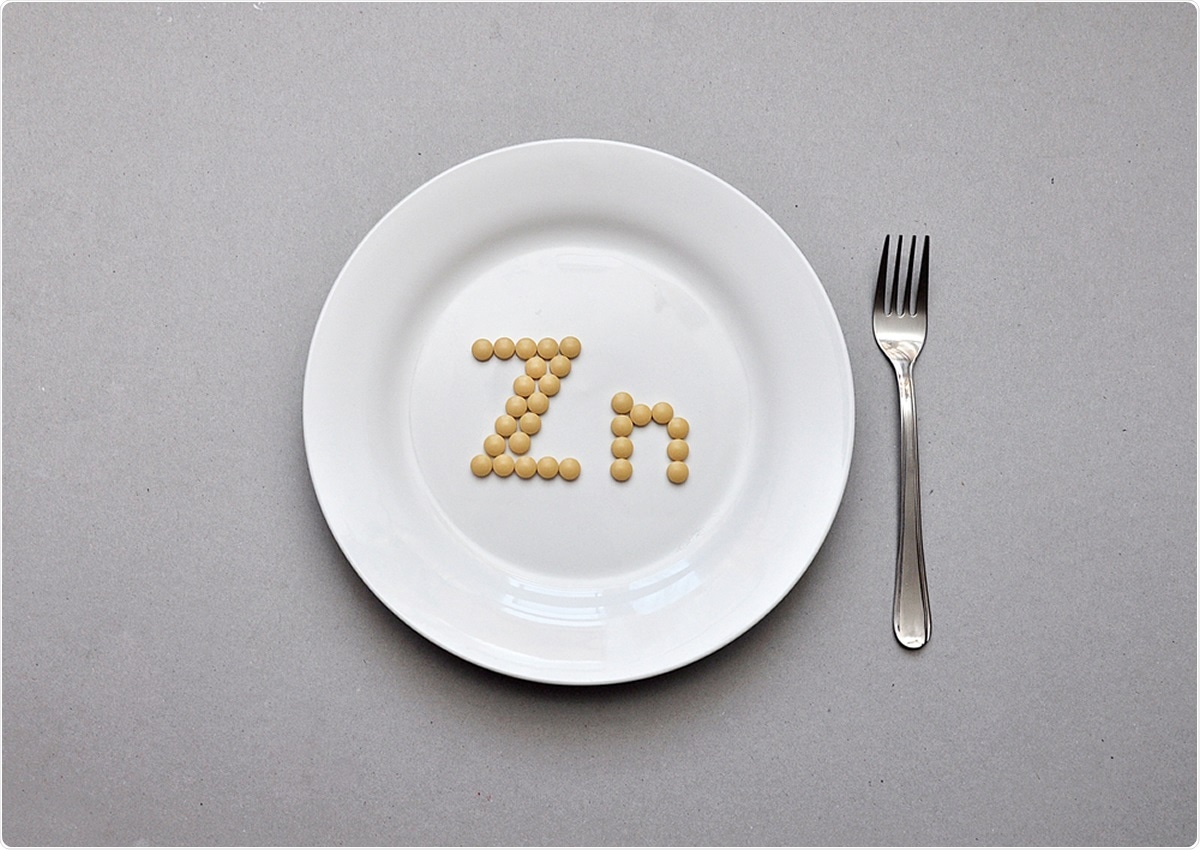Frequently Asked Questions About Zinc
What is zinc used for?
Zinc is essential for a variety of bodily functions, including immune system support, wound healing, DNA synthesis, and protein production. It's also involved in the senses of taste and smell and helps in the metabolism of carbohydrates.
How much zinc should I take daily?
The recommended daily intake of zinc varies by age, gender, and specific health conditions. For adults, the general recommendation is around 8-11 mg, but supplementation should ...
Frequently Asked Questions About Zinc
What is zinc used for?
Zinc is essential for a variety of bodily functions, including immune system support, wound healing, DNA synthesis, and protein production. It's also involved in the senses of taste and smell and helps in the metabolism of carbohydrates.
How much zinc should I take daily?
The recommended daily intake of zinc varies by age, gender, and specific health conditions. For adults, the general recommendation is around 8-11 mg, but supplementation should not exceed the tolerable upper intake level of 40 mg daily for most adults to avoid toxicity.
What are the symptoms of zinc deficiency?
Common symptoms of zinc deficiency include hair loss, weakened immune function, delayed wound healing, and skin problems like acne. In severe cases, it can affect growth and development.
What foods are high in zinc?
Zinc-rich foods include shellfish (especially oysters), red meat, poultry, beans, nuts, whole grains, dairy products, and fortified cereals.
Can zinc help with colds?
Zinc has been shown to reduce the duration and severity of the common cold when taken early in the course of illness, particularly in lozenge or syrup form. Zinc is thought to inhibit viral replication in the upper respiratory tract.
Can zinc boost the immune system?
Yes, zinc plays a crucial role in maintaining immune function. It supports the development and activation of T-lymphocytes, which are important for immune responses. Adequate zinc levels are essential for preventing infections.
What are the side effects of taking too much zinc?
Excessive zinc intake can lead to nausea, vomiting, loss of appetite, stomach cramps, and diarrhea. Long-term high doses can interfere with copper absorption and lead to deficiencies.
Is zinc good for skin health?
Zinc has anti-inflammatory properties that help with acne and other skin conditions. It can also support wound healing and may reduce the severity of conditions like eczema and psoriasis.
Is zinc safe for pregnant women?
Zinc is safe for pregnant women when taken in recommended amounts, supporting fetal development and immune health. However, high doses should be avoided, as they can lead to complications such as copper deficiency.
What is the best type of zinc supplement?
Zinc comes in various types, including zinc gluconate, zinc sulfate, and zinc citrate. Zinc gluconate and citrate are commonly used in supplements and are well-absorbed. Zinc sulfate can sometimes cause stomach upset, but is often the most cost-effective.
Disclaimer: The published information is based on research and published medical sources. It is provided for educational purposes only and is not intended to replace professional medical advice. Always consult with your doctor or healthcare provider regarding any questions you may have about your health. We are not responsible for any actions taken based on this information, nor for any errors, omissions, or inaccuracies in the content. Medical research is constantly evolving, and the information presented may not reflect the most current medical standards.
November 2024
AposBook







 Buy now
Buy now























[0]